Chris Farley in ‘Tommy Boy’. Photo: Paramount Pictures.
Available for the first time on 4K Ultra HD in a 4K/Blu-ray Combo or in a Limited-Edition SteelBook on March 25th is ‘Tommy Boy’, which marks the 30th anniversary of the classic comedy.
Directed by Peter Segal (‘Get Smart’), the film stars the late Chris Farley (‘Saturday Night Live’), David Spade (‘Just Shoot Me!’), Rob Lowe (‘Wayne’s World’), Julie Warner (‘Doc Hollywood’), Bo Derek (‘10’), Dan Aykroyd (‘Ghostbusters’), and Brian Dennehy (‘Silverado’).
Moviefone recently had the pleasure of speaking with Director Peter Segal about his work on ‘Tommy Boy’, how he came to direct the project, improvising on set, Farley and Spade’s chemistry, Spade’s comedic abilities, Farley’s genius and legacy, and why Rob Lowe did not take a credit in the film.
Related Article: Director Penelope Spheeris Talks 30th Anniversary of ‘Wayne’s World’
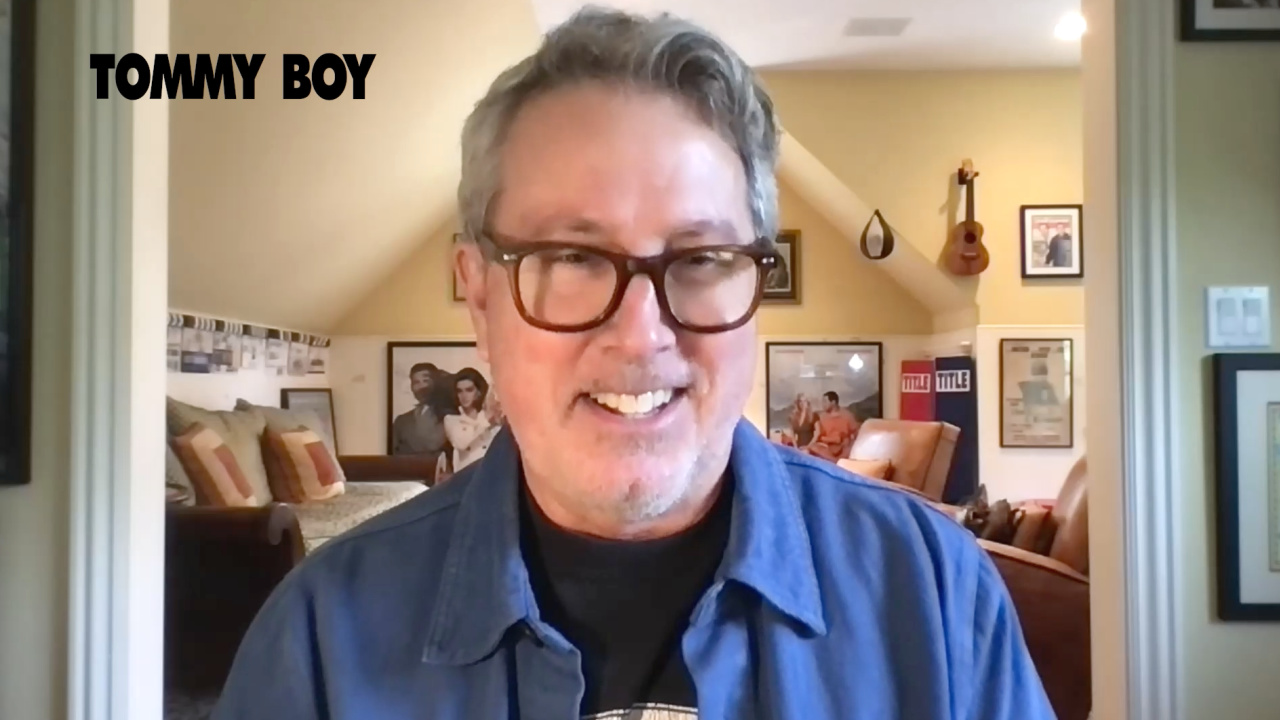
‘Tommy Boy’ director Peter Segal.
Moviefone: To begin with, from your unique perspective can you talk about how this project came together and you were hired to direct?
Peter Segal: I had worked with Farley a couple times before this movie, once on an HBO special and then on a sitcom called ‘The Jackie Thomas Show’. At that point I had not done ‘Naked Gun 33+1/3’ yet. But I knew that if I had an opportunity to ever do a movie that I absolutely wanted to work with Farley in a starring role. So, about a year after ‘The Jackie Thomas Show’, the script from the Bonnie and Terry Turner came to me, ‘Billy the Third: a Midwestern’. It was a first draft and I had a lot of ideas. I actually wanted to take the story, if I did it, in a different direction, adding a little bit more of a relationship with Tommy’s father and himself, in addition to Richard and Tommy working together to save the factory. By doing that I was unraveling the very thing that was greenlit. It put us in a precarious place because suddenly we had no script and we were heading towards the ‘SNL’ season, which meant we were going to be splitting time. That was the good and the bad news. The bad news, it was hard for Dave and Chris to go back and forth from Toronto to New York. But it allowed me a couple of extra days a week to work on the script with Fred Wolf as we were filming. So that’s how we survived.
MF: Famously, the “Fat guy in a little coat” and “Housekeeping” scenes were improvised on set and were bits that Farley and Spade would do off screen. Can you talk about those scenes and how much of the film was improvised?
PS: Well, once, like I said, we changed direction on the script and started with not much we were desperate for any bits or stories about what they did together at ‘SNL’. “Fat Guy in a Little Coat” was definitely one of those things. But it was spoken, not sung. That was Chris’s thing at ‘SNL’. Well, both Chris and Dave were a little bored of the moviemaking process of multiple takes, multiple angles, they’re used to one take with live cameras. So, when we were shooting “Fat Guy in a Little Coat” from the office scene, I shot Chris and then I turned the camera around on Dave. I wasn’t paying attention to Chris but he was getting so bored that he started to improv and sing just to try to get Dave to break and laugh. I wasn’t really paying attention, I was just focusing on Dave, until my editor that night after dailies said, “Oh my God, you’ve got to go back and reshoot him this time singing.” That’s the type of thing. There were so many little things like that that I would just jot down. One example was Dave looked at Chris coming out of a wardrobe test, and Chris was wearing the now iconic brown tweed jacket, and he said, “Hey, Dave, does this suit make me look fat?” Dave said, “No, your face does.” I went “Okay, that’s going in.”
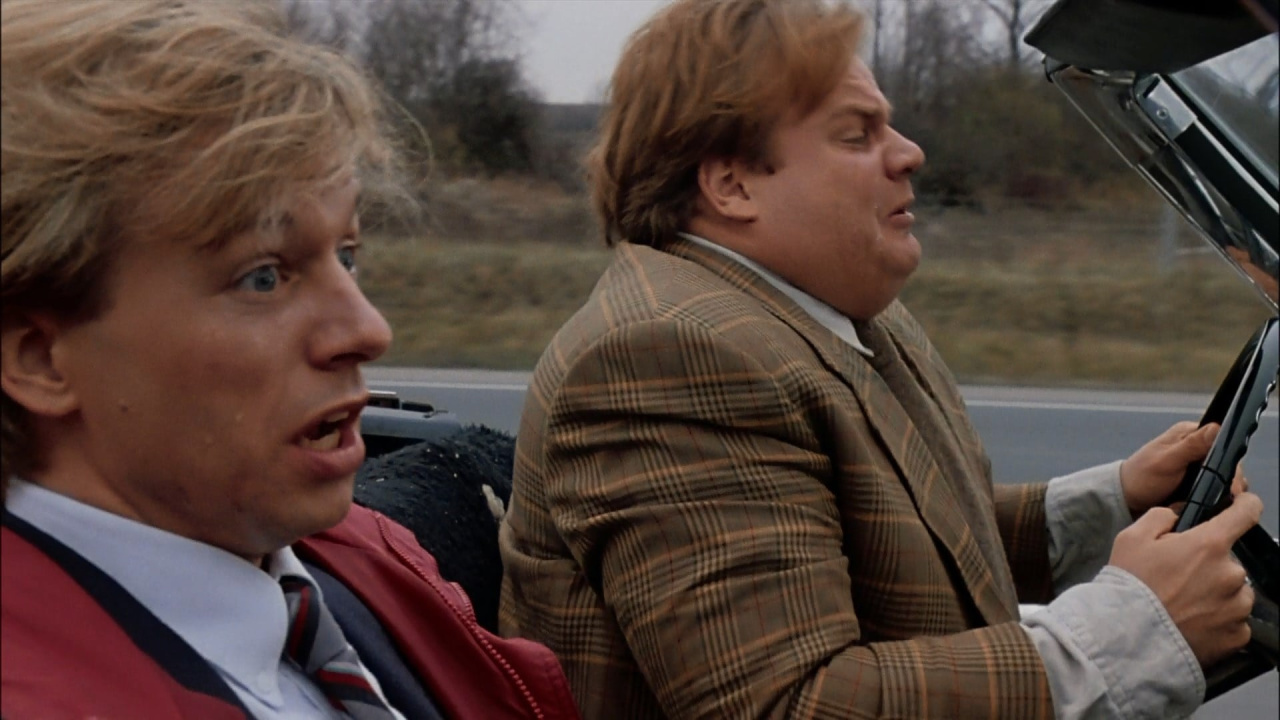
(L to R) David Spade and Chris Farley in ‘Tommy Boy’. Photo: Paramount Pictures.
MF: ‘Tommy Boy’ is very much a chemistry movie. Can you talk about Farley and Spade’s relationship and onscreen chemistry, and how you were able to capture that with this film?
PS: What I have heard is that Spade and Farley were goofing off during a writing session at SNL and Lorne (Michaels) said, “We’ve got to do something with you two, so Turner’s see if you can come up with something,” and they did because he saw the chemistry between them. You can’t teach chemistry it sort of is what it is, you have it or you don’t. Dave and Chris were best of friends but they were also an old married couple. They’d get into fights, and then kiss and make up and everything was fine, and then fight again. It was just sort of like watching two young boys. I mean, we were all young at the time. It was a little juvenile. But it was also where the inspiration and the fun came from because they loved to pick on one another. Dave could say stuff to Chris that I would never have imagined anyone saying like the thing about the coat but it would make Chris laugh, and that stuff was just priceless.
MF: Can you talk about how important David Spade’s role as the “straight man” is to the film and his ability to work off of Farley?
PS: Well, he’s really sort of the engine of a lot of the improv. I would not say that a lot of improvisation happened while the cameras are rolling but the improv happened off camera where they would just interact. If Dave served up the beginning of a joke, Chris would knock it out of the park and they loved that. It’s like watching in basketball someone make a great assist. Dave was an assist leader. That helped with the writing process. His idea for the Carpenter‘s song (“Superstar”) and many other things. Like I said, we were just so desperate for anything that when these guys, as much as they were exhausted, would come up with ideas, we’d try to find a way to put it in the movie.
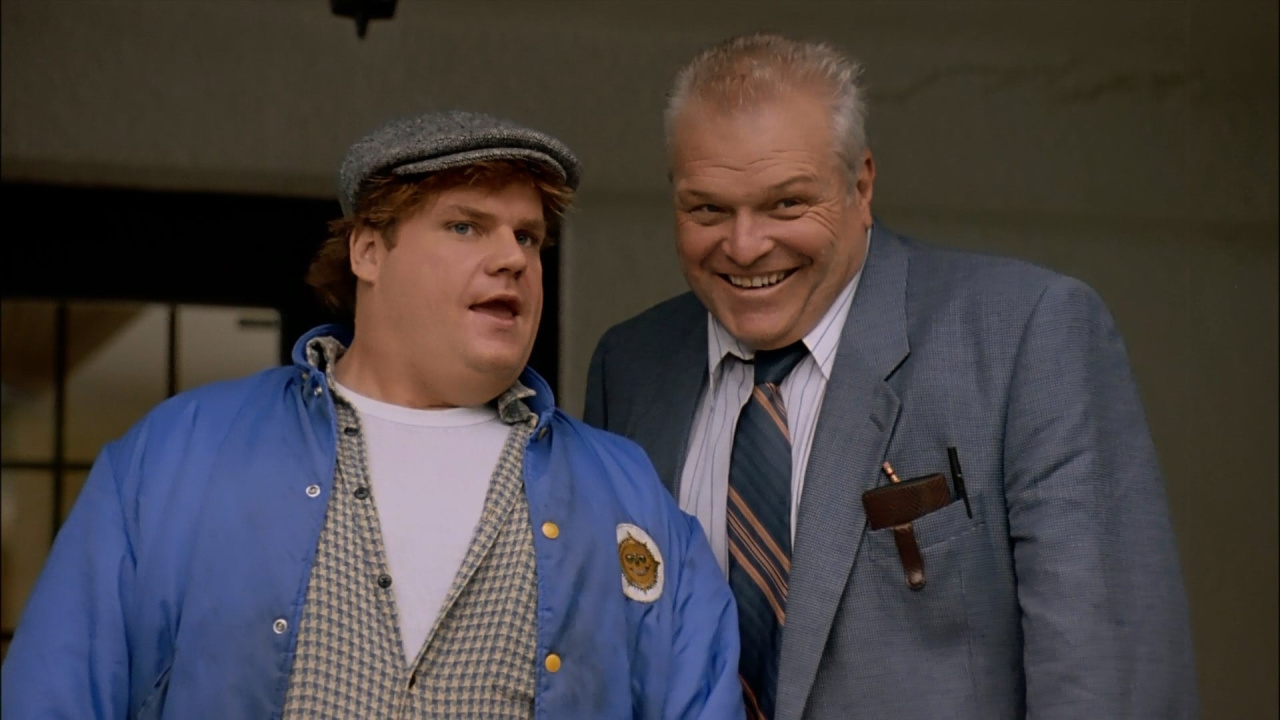
(L to R) Chris Farley and Brian Dennehy in ‘Tommy Boy’. Photo: Paramount Pictures.
MF: In addition to being a comedic genius, Chris Farley was also a strong dramatic actor, and you can see that in the scene where he says goodbye to his late father on the boat. Can you talk about Farley’s legacy and were you aware of how talented he was when you were making the movie?
PS: Well, I sort of discovered that. Even though I’d worked with him a couple of times before, those were definitely comedies. This story I knew was going to touch on something that was very important to him and that was his relationship with his father in real life. The fact that we knew that the character of Big Tom was going to die, I knew that there was an opportunity here to show a different side of Chris Farley because there are going to be more serious moments, it wasn’t just about the jokes. It was delightful to see how good he was at that. That’s what makes me, and still does to this day, so very sad that he didn’t get to really explore that part of his personality. The original writers for ‘Shrek’ actually told me that they patterned the characters of Donkey and Ogre after Spade and Farley in ‘Tommy Boy”. Then Chris, of course, was hired to play the Ogre but didn’t complete it before he passed.
MF: Finally, why did Rob Lowe take no credit in the film?
PS: It’s a little bit of a mystery to this day. I think possibly because he thought the movie might’ve sucked and wanted to protect himself. I mean, that’s sort of just a joke. I really don’t know. I’ve never really asked him but it seems to be on a lot of people’s minds.
What is the plot of ‘Tommy Boy’?
To save the family business, two ne’er-do-well traveling salesmen (Chris Farley and David Spade) hit the road with disastrously funny consequences.
Who is in the cast of ‘Tommy Boy’?
- Chris Farley as Thomas R. “Tommy” Callahan III
- David Spade as Richard Hayden
- Bo Derek as Beverly Burns-Barrish
- Julie Warner as Michelle Brock
- Dan Aykroyd as Ray Zalinsky
- Brian Dennehy as Thomas “Big Tom” Callahan Jr.
- Rob Lowe as Paul Barrish
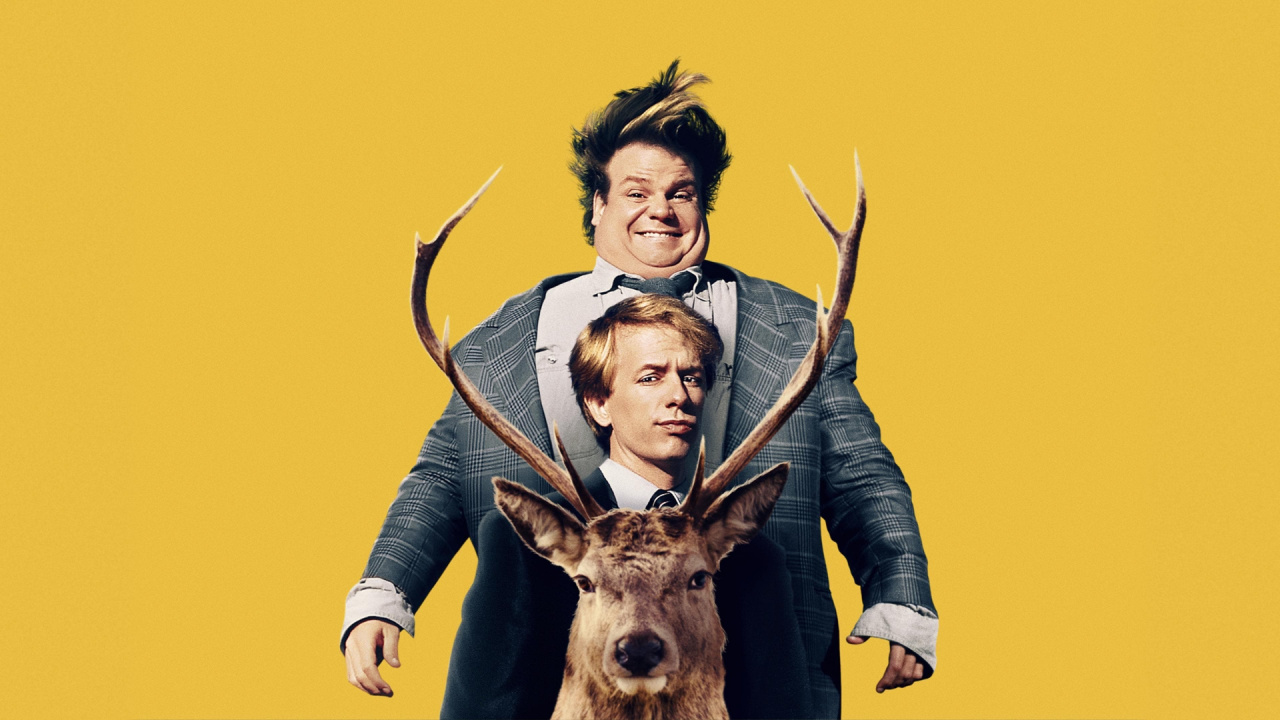
(Top to Bottom) Chris Farley and David Spade in ‘Tommy Boy’. Photo: Paramount Pictures.
























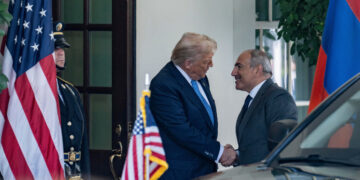
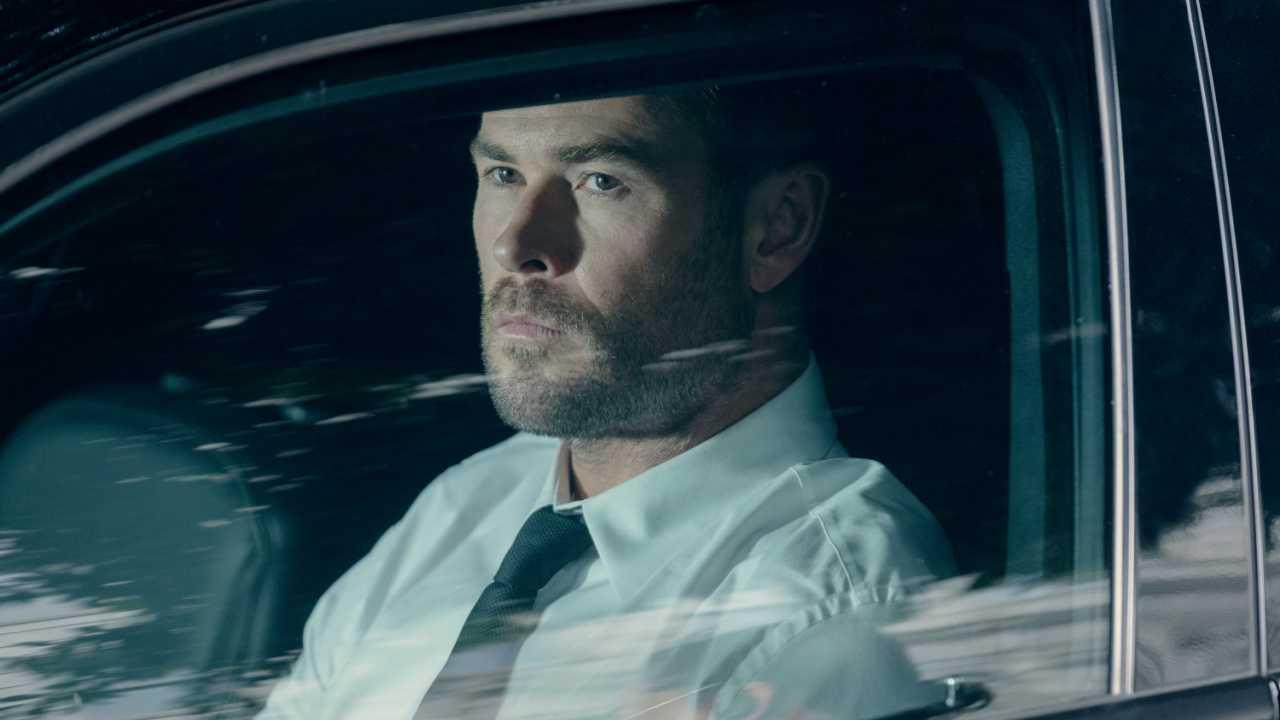
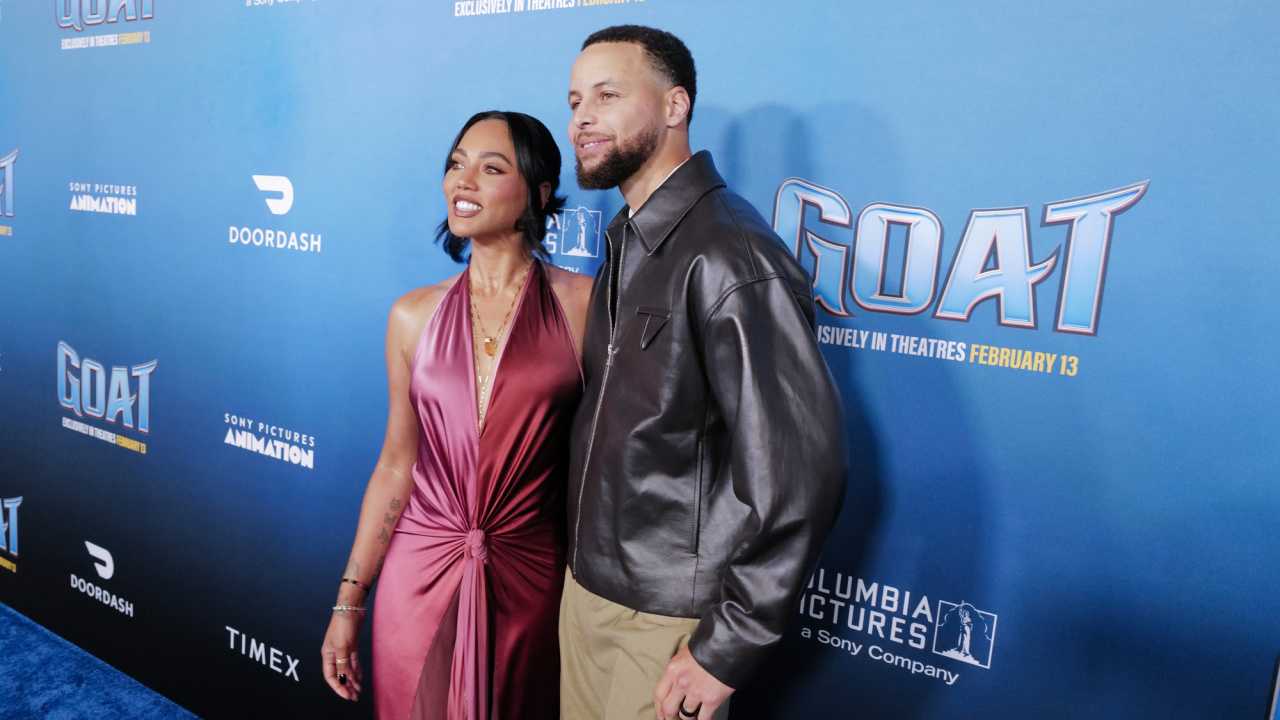
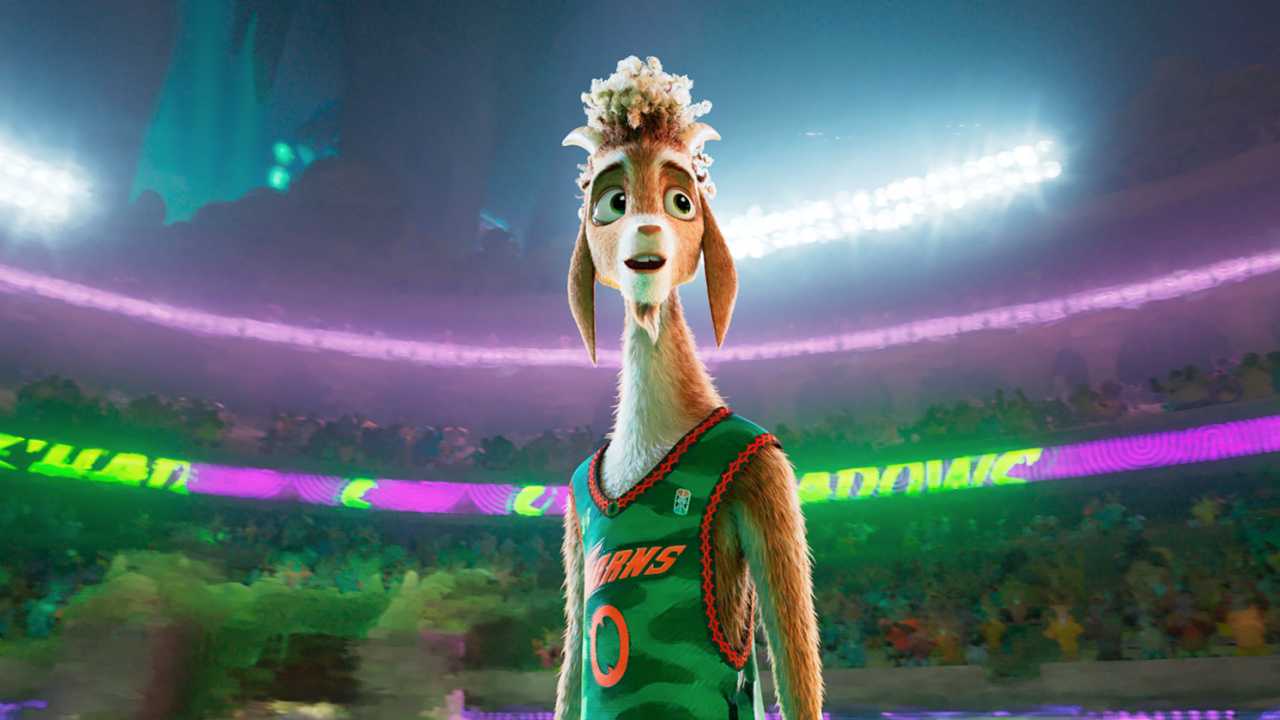
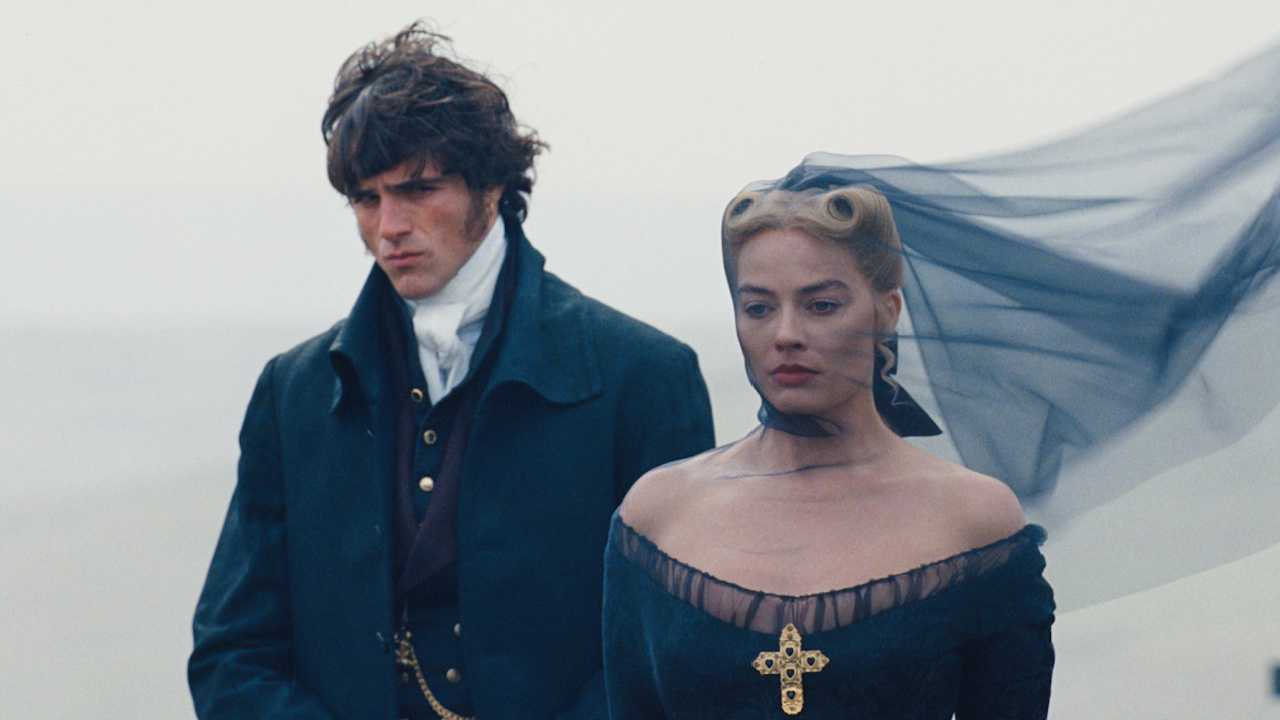
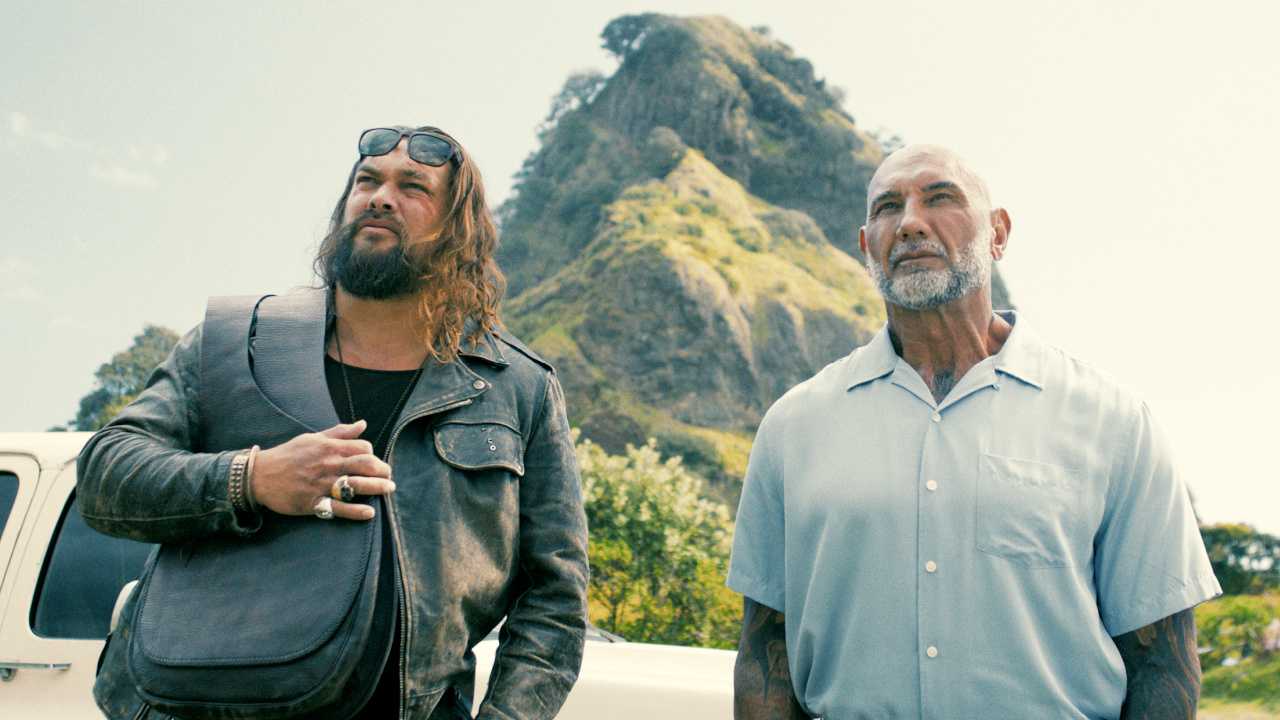
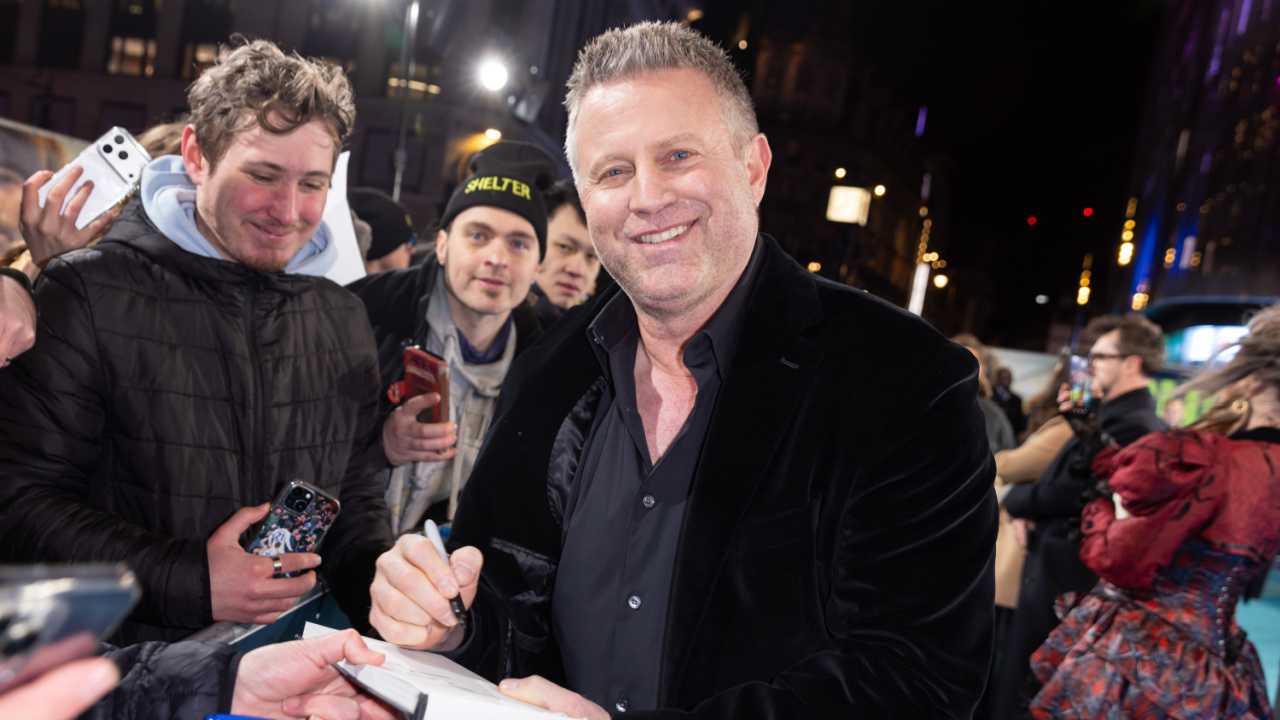

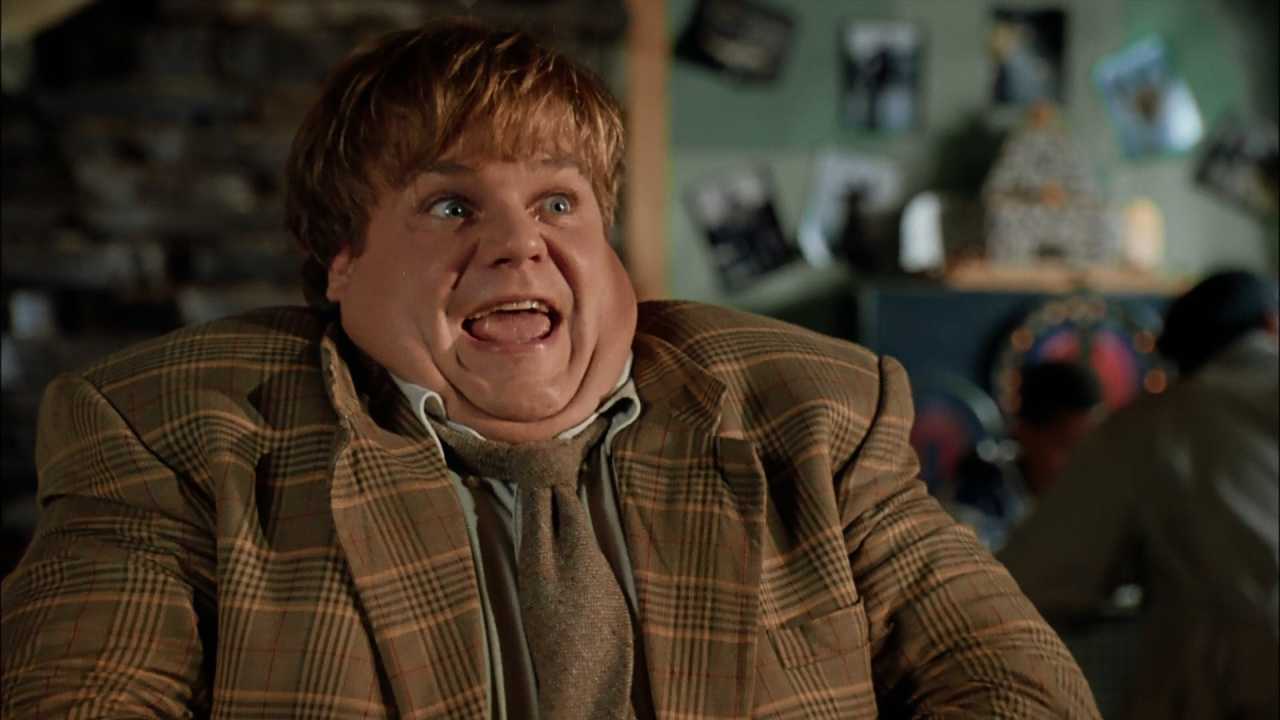
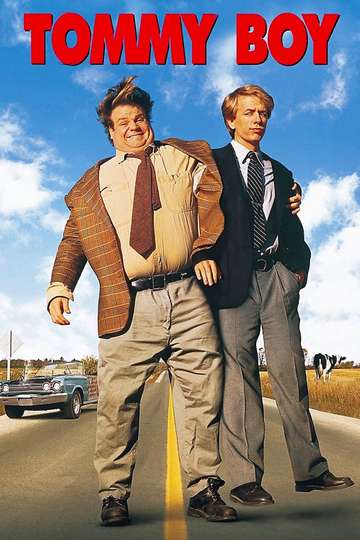
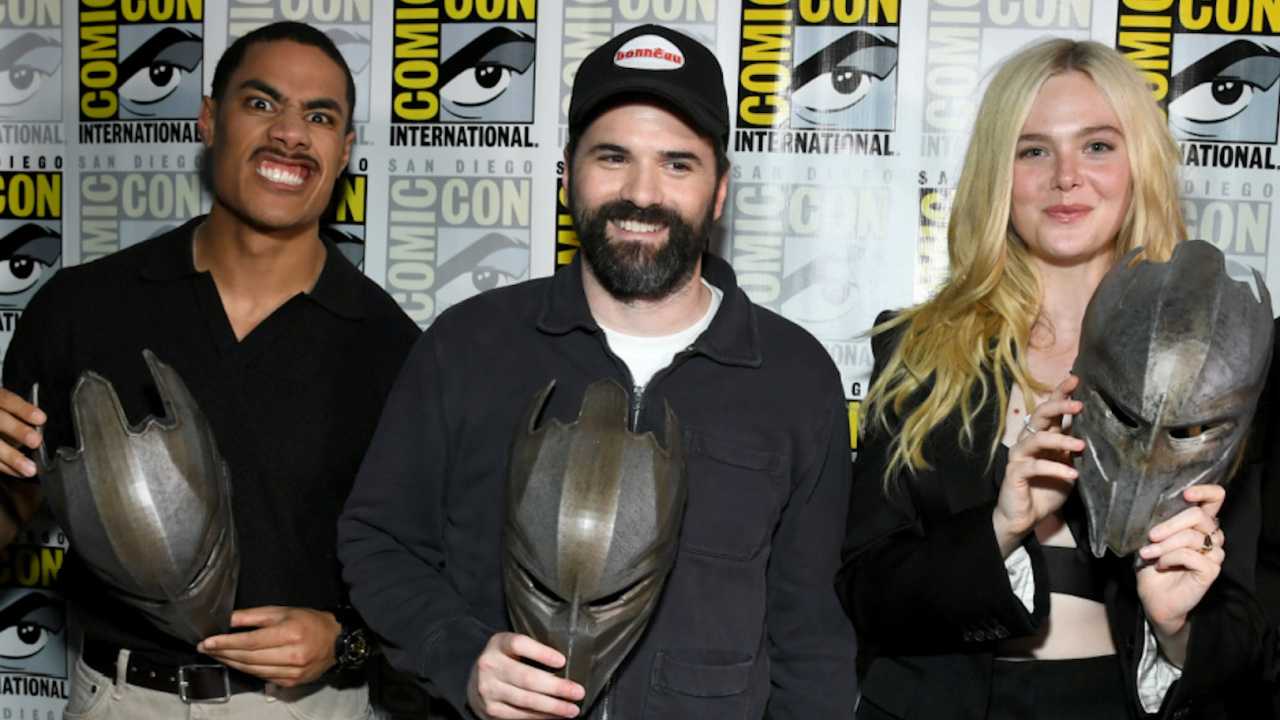
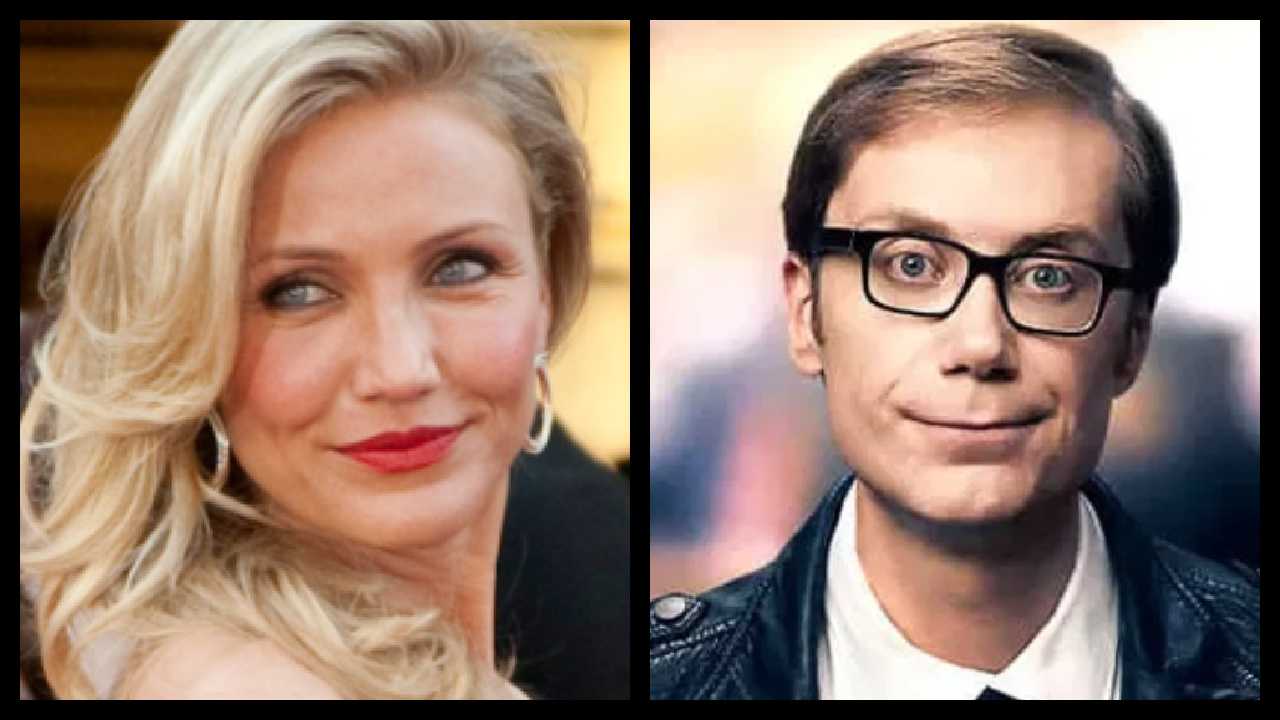
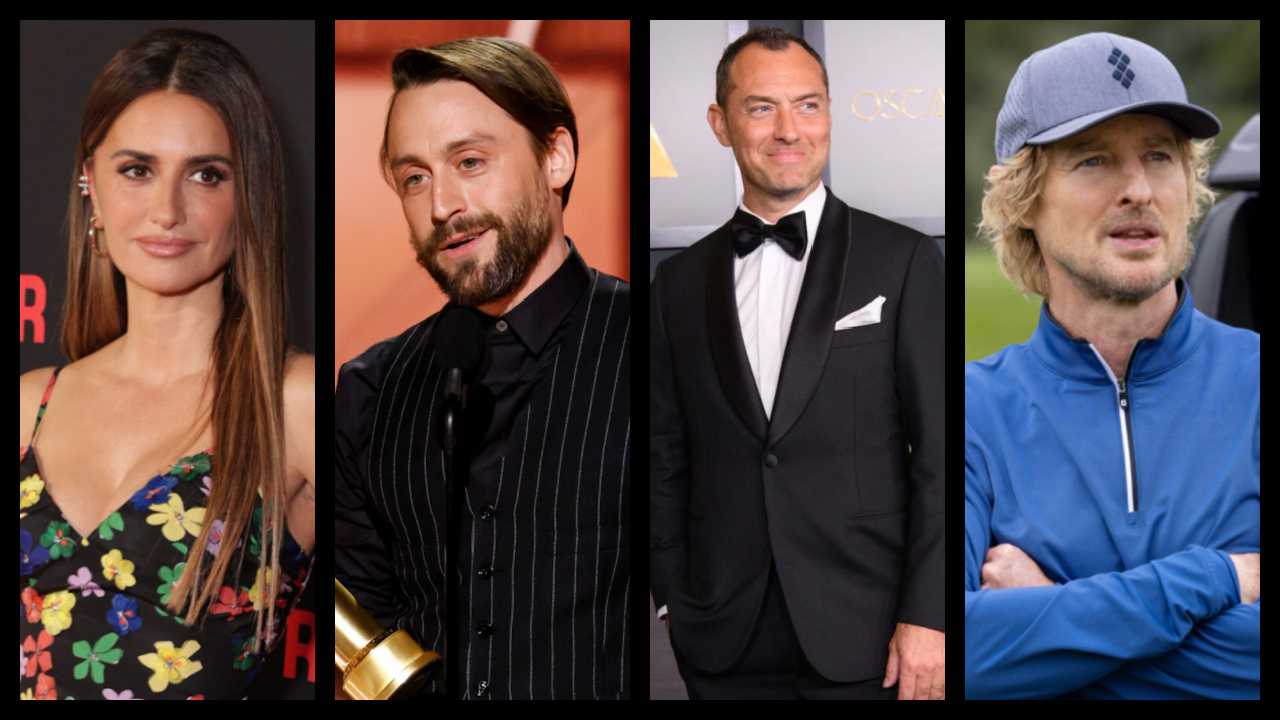
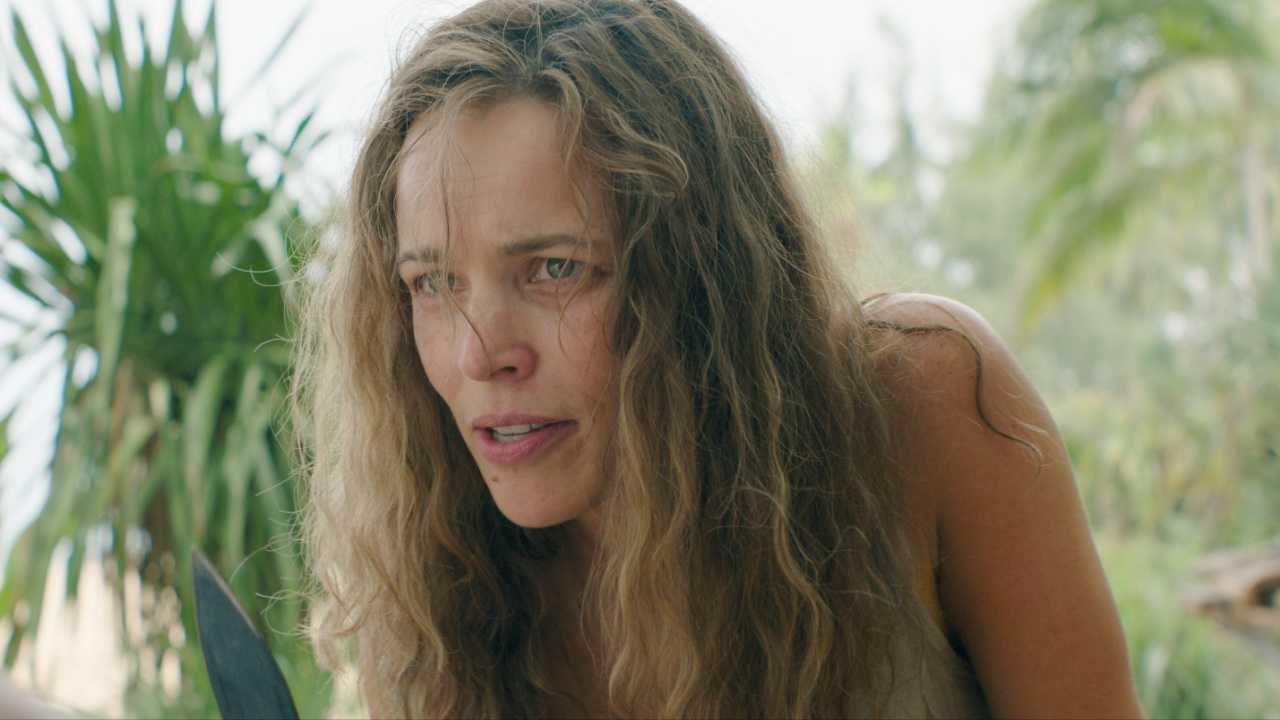
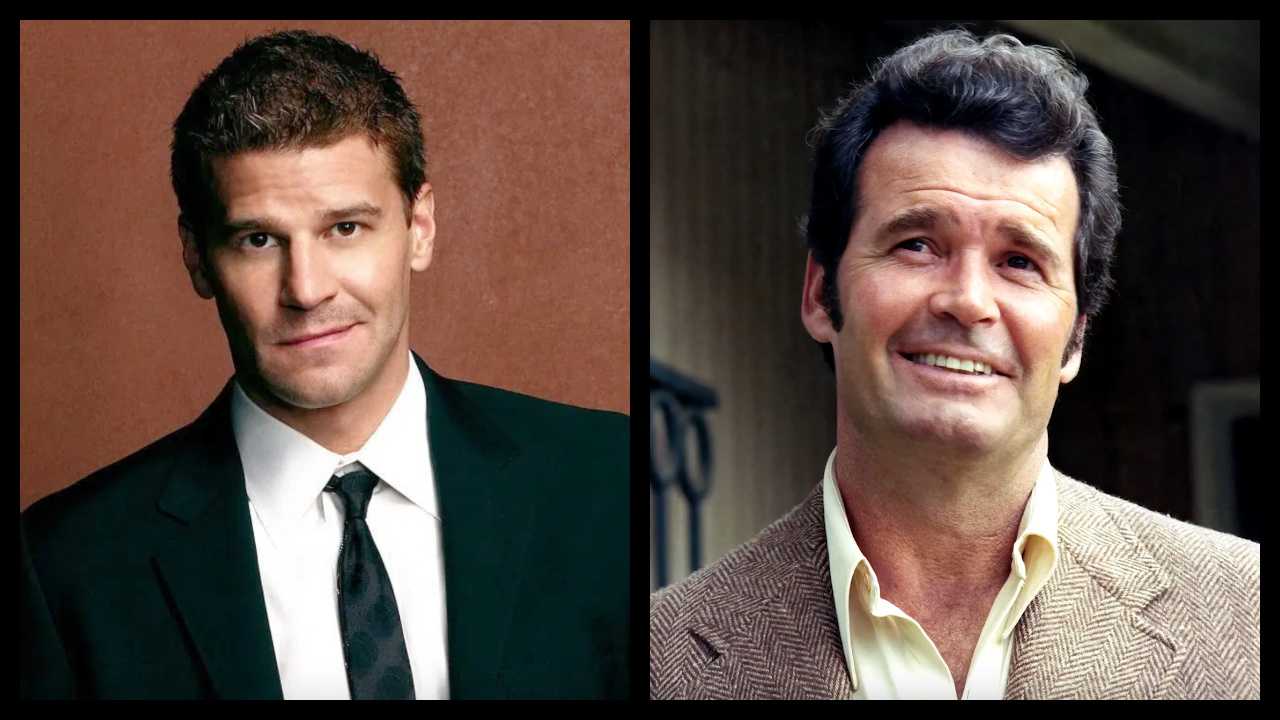
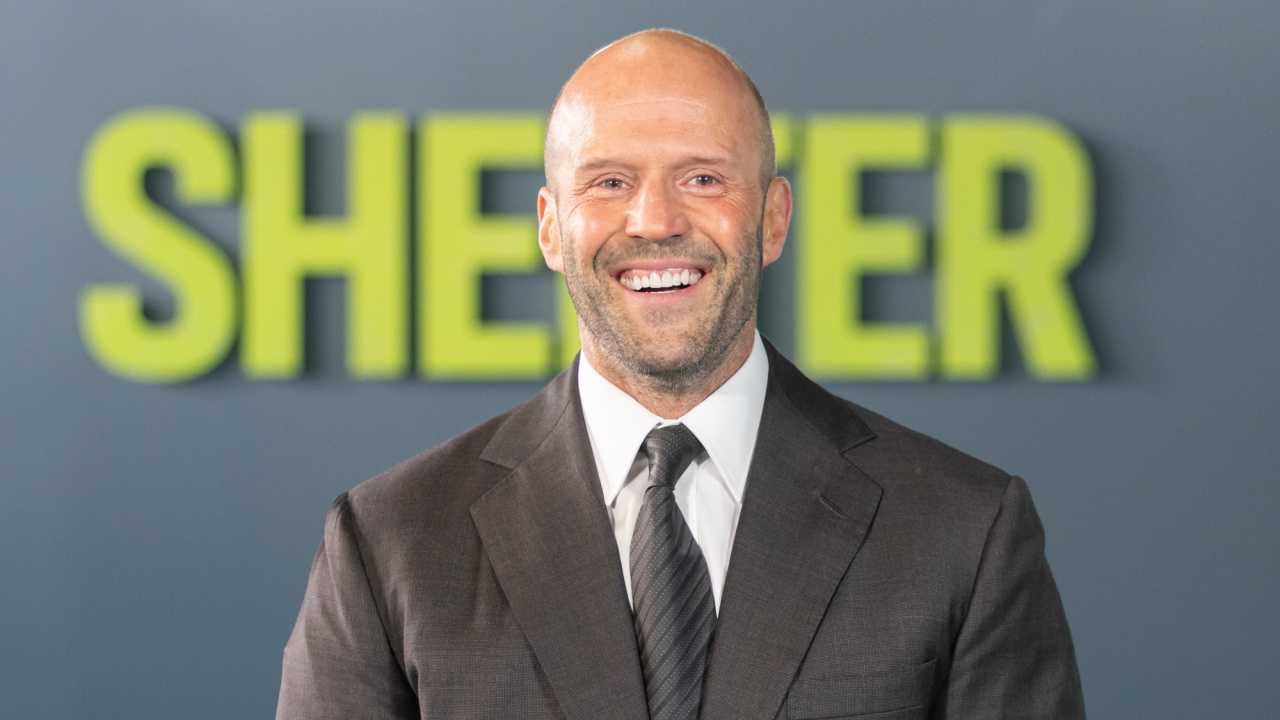
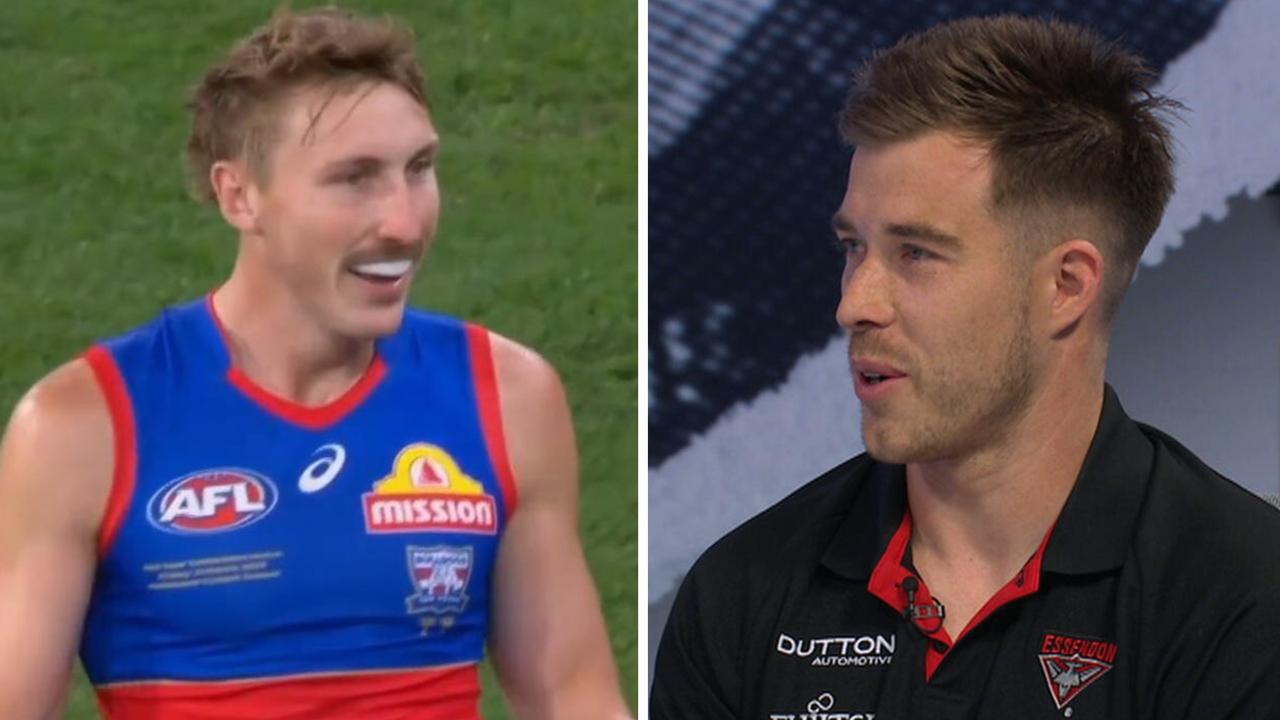



Discussion about this post